
Prostate cancer treatment means using medical methods to stop or control cancer in the prostate gland. The prostate is a small gland found only in men.
What is prostate? The prostate is a small, walnut-sized gland located below the bladder. It plays a key role in producing the fluid that nourishes and carries sperm. As men get older, the prostate can enlarge or develop health issues, including prostate cancer.
Why does prostate cancer occur? Prostate cancer usually develops when genetic mutations cause prostate cells to grow uncontrollably. Factors such as age, family history, hormones, and lifestyle can influence its development.
Many people believe that prostate cancer always spreads quickly, but this is not true. In most cases, it grows slowly and may not require urgent treatment. Some also think that only older men can get prostate cancer. While it is more common in men over 50, younger men are sometimes affected too.
Doctors may choose different treatment options depending on the stage of cancer and the patient’s health based on their condition.
Prostate cancer does not always lead to death. With early diagnosis and proper care, many patients recover fully and go on to live healthy lives.

People require prostate cancer treatment when cancer cells begin to grow in the prostate gland. Without treatment, the cancer can spread to other areas of the body, such as the bones or bladder. Timely treatment helps stop the cancer from progressing, eases pain, and increases the chances of a longer, healthier life.
For issues like an enlarged prostate, treatment for enlarged prostate is often necessary to relieve symptoms such as frequent urination or difficulty passing urine, thereby improving quality of life. Medications or minimally invasive procedures can effectively manage these symptoms.
The risk of prostate cancer can be influenced by several factors:
Prostate cancer often develops slowly. In its early stages, there may be no noticeable signs. As the cancer progresses, it can lead to clear symptoms. Recognising these signs can help people seek medical attention promptly.
Common Symptoms:
Treatment is usually recommended when symptoms start affecting daily life or tests indicate that cancer is progressing. Doctors may suggest:
Here are some practical tips to help reduce your risk of prostate cancer and the need for a remedy for prostate enlargement:
Following these tips may help reduce risk, but cannot guarantee the prevention of prostate cancer or prostate enlargement. Always consult a qualified doctor for personalised advice, screening, and treatment recommendations.
If a tumour is found and confirmed as cancer, treatment is usually started to stop it from growing or spreading. The sooner the cancer is detected, the better the outcome after treatment. In some cases, treatment is advised even without symptoms if the cancer is fast-growing or likely to spread. On the other hand, if the tumour is slow-growing and not causing problems, doctors may suggest regular monitoring instead of immediate treatment.
Early treatment gives the best results. If you or someone you know is experiencing these symptoms, myheco can connect you with trusted cancer specialists in leading hospitals in the world.
Some of the world’s most advanced cancer hospitals provide specialised care for prostate cancer patients. These centres offer world-class treatment options supported by highly experienced oncologists and urologists.
Leading hospitals for prostate cancer care include:
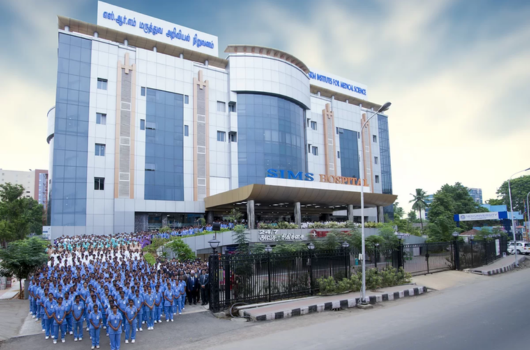
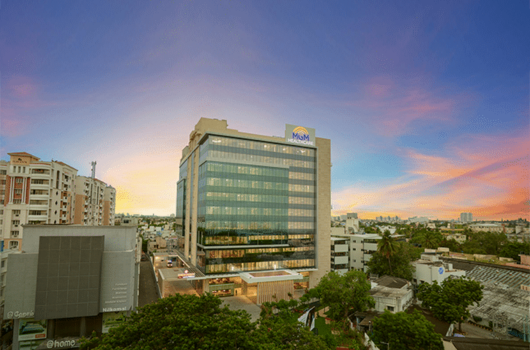
.png)

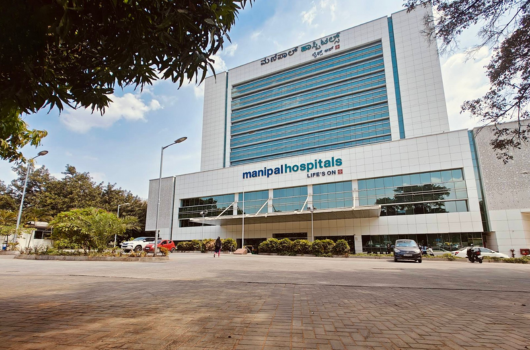
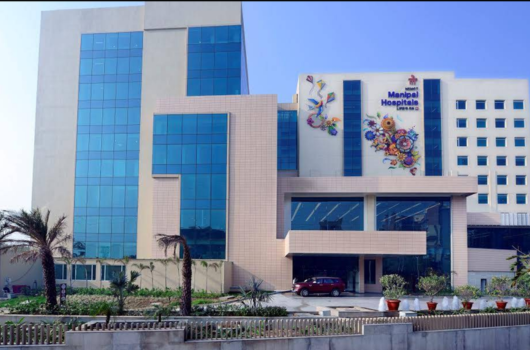
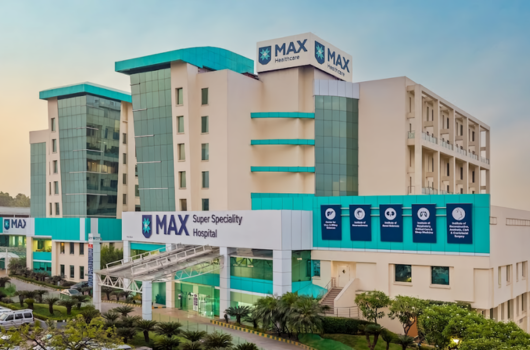
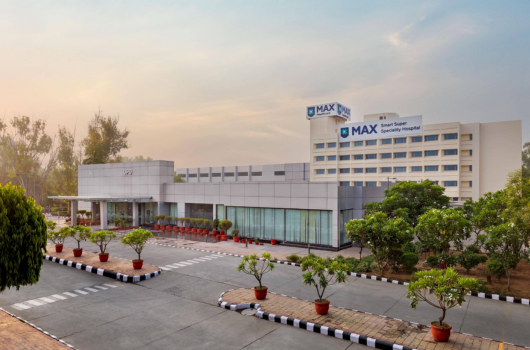
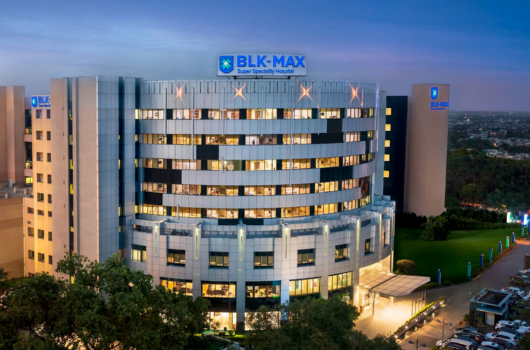
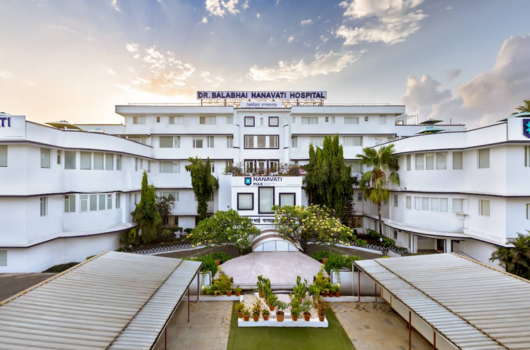

.png)

These hospitals follow international guidelines for cancer care and are equipped to support patients from various countries, from diagnosis and treatment to follow-up care after returning home.
The average prostate cancer surgery cost ranges from $2,800 to $6,100 in India and from $3,500 to $8,100 in Thailand. The final expense can vary depending on several factors, including the treatment method, hospital location, and stage of cancer. Before looking at the detailed table of treatment-wise costs, it is useful to understand what influences these costs the most.
Note: India has become a preferred destination for advanced cancer treatment, offering world-class care at a fraction of the international cost. Patients benefit from expert oncologists, modern medical technology, and affordable access to high-quality generic medicines, making treatment both effective and economical.
Note: Thailand has established itself as a premium destination for cancer treatment, offering world-class hospitals, advanced technology, and internationally trained oncologists. Patients choose Thailand not only for its high-quality medical care but also for its holistic approach, combining clinical excellence with exceptional comfort and service standards.
The above figures are approximate and can vary based on the hospital, location, and individual patient requirements. Always consult the healthcare provider for the most accurate and up-to-date pricing.
The currency conversion rates in the table above are based on data from February 2026.
For a detailed cost estimate and guidance on treatment options, patients can contact myheco to connect with leading hospitals specialising in cancer care.
Survival outcomes for prostate cancer vary depending on the stage at diagnosis. Below is an overview of survival rates at different stages:
Overall Survival by Time Since Diagnosis
Success in prostate cancer treatment means that the cancer is either completely removed, controlled, or no longer progressing.
When prostate cancer is detected early, treatment can completely remove the disease. In other cases, therapy can prevent the cancer from spreading and keep it under control for many years. Even if a full cure isn’t possible, treatment can help reduce symptoms and improve quality of life.
Renowned hospitals focus on early detection, personalised treatment plans, and multidisciplinary care for prostate cancer patients. Their approach often includes:
This combination of modern technology, highly skilled specialists, and patient-focused care has led to improved outcomes and better quality of life for prostate cancer patients.

Dr. Srinivas Chilukuri, Professor and Senior Consultant in the Department of Radiation Oncology at Apollo Proton Cancer Centre, Chennai, discusses the advancements in prostate cancer treatment with proton therapy. He notes that proton therapy provides excellent survival rates and is particularly beneficial for carefully selected patients. While it is commonly used for prostate cancer, not all patients are suitable candidates. Younger patients who want to avoid sexual side effects or those with high-risk prostate cancer are ideal for this treatment. Selection depends on the patient’s overall health, ability to travel, and commitment to regular follow-ups after therapy.
Myheco provides complete assistance for patients seeking advanced prostate cancer treatment worldwide. From connecting you with leading specialists to managing visas, travel, and cost planning, myheco ensures every step of your treatment journey is organised, transparent, and stress-free.
Choosing myheco means expert care, faster access, and comprehensive support throughout your treatment journey.
Note: Myheco does not provide medical advice.

Mr. Ali from Bangladesh was initially misdiagnosed with bladder cancer in his home country, but he was actually suffering from prostate cancer. After visiting Apollo Hospitals, Hyderabad, he received the correct diagnosis and treatment from Dr. Sayan Paul, Radiation Oncologist. Timely intervention helped prevent further complications, and with proper care and advanced treatment, Mr. Ali began a steady recovery.
✅ Share your medical reports
✅ Receive personalised treatment plans from leading hospitals
✅ Choose the option that suits you best
✅ Let us handle the arrangements


Look for difficulty urinating, weak urine flow, frequent urination (especially at night), blood in urine or semen, pelvic discomfort, or unexplained lower back pain. Early detection improves treatment outcomes.
Myheco reviews your medical reports and connects you with leading hospitals and specialists in prostate cancer surgery, radiation therapy, hormone therapy, and targeted treatments.
We arrange pre-travel consultations, second opinions, visa paperwork, flight bookings, cost estimates, airport pickup, and end-to-end patient care coordination.
Yes. Most hospitals allow one or two family members to accompany you. They can apply for a medical attendant visa.
No. Not all prostate enlargements or nodules indicate cancer. Conditions like benign prostatic hyperplasia (BPH) or prostatitis are common. However, any abnormal growth or symptoms should be evaluated by a doctor to rule out cancer. Only a qualified doctor can determine the cause of prostate enlargement and whether it is cancerous.
If diagnosed with prostate cancer, it’s important to follow your doctor’s treatment plan, which may include surgery, radiation, hormone therapy, or targeted therapy. Regular check-ups, maintaining a healthy lifestyle, and seeking emotional support are also crucial for recovery and overall well-being. Always follow the personalised treatment plan and advice provided by your qualified oncologist or healthcare provider.
India has many leading hospitals that specialise in prostate cancer care. In Chennai, top centres include SIMS Hospital, MGM Healthcare, Apollo Cancer Institute, and the Apollo Proton Cancer Centre, which provides advanced robotic-assisted surgery, precision radiotherapy, and targeted therapies. Bangalore has Manipal Hospital Main Hospital Oncology, offering multidisciplinary prostate cancer care. In Delhi, leading hospitals are Manipal Hospital Dwarka, Max Hospital Saket, and BLK-Max Hospital. Mumbai has Nanavati Max Hospital, known for advanced surgical and systemic treatment for prostate cancer. In Kolkata, Manipal Hospitals EM Bypass (Medica Synergie Cancer Hospital) is recognised for expert management of prostate cancer.
Samitivej Saukhumvit Hospital and Samitivej Srinakarin Hospital are highly recommended for prostate cancer treatment. It provides advanced care with expertise in robotic-assisted surgery, minimally invasive procedures, targeted therapies, and personalised treatment plans for every patient.

